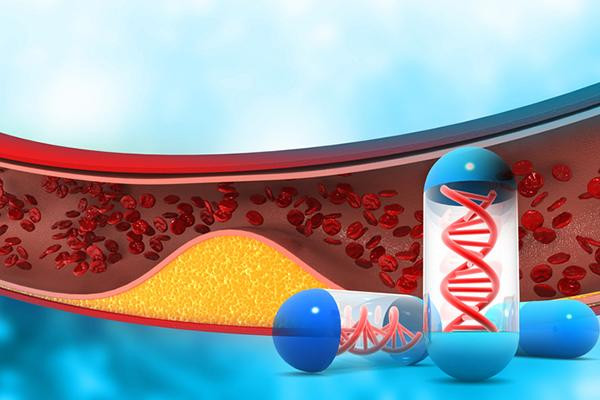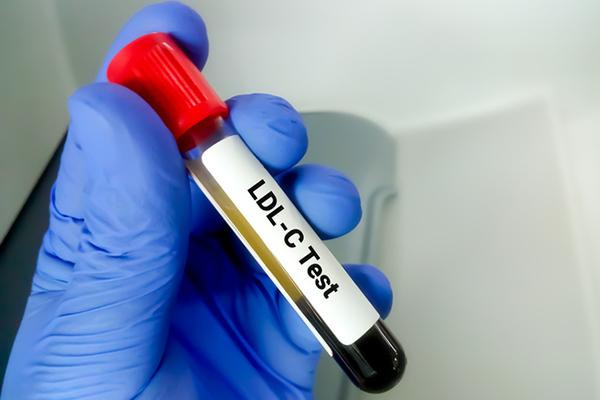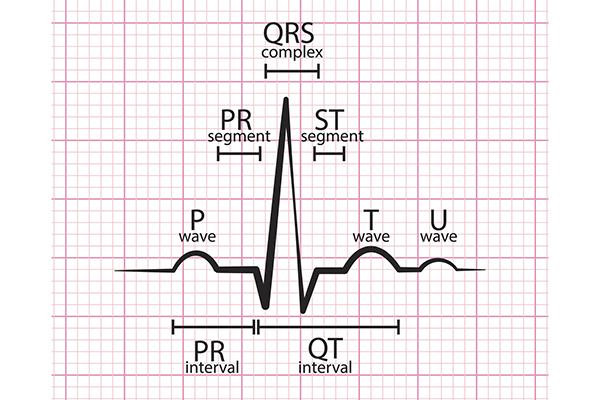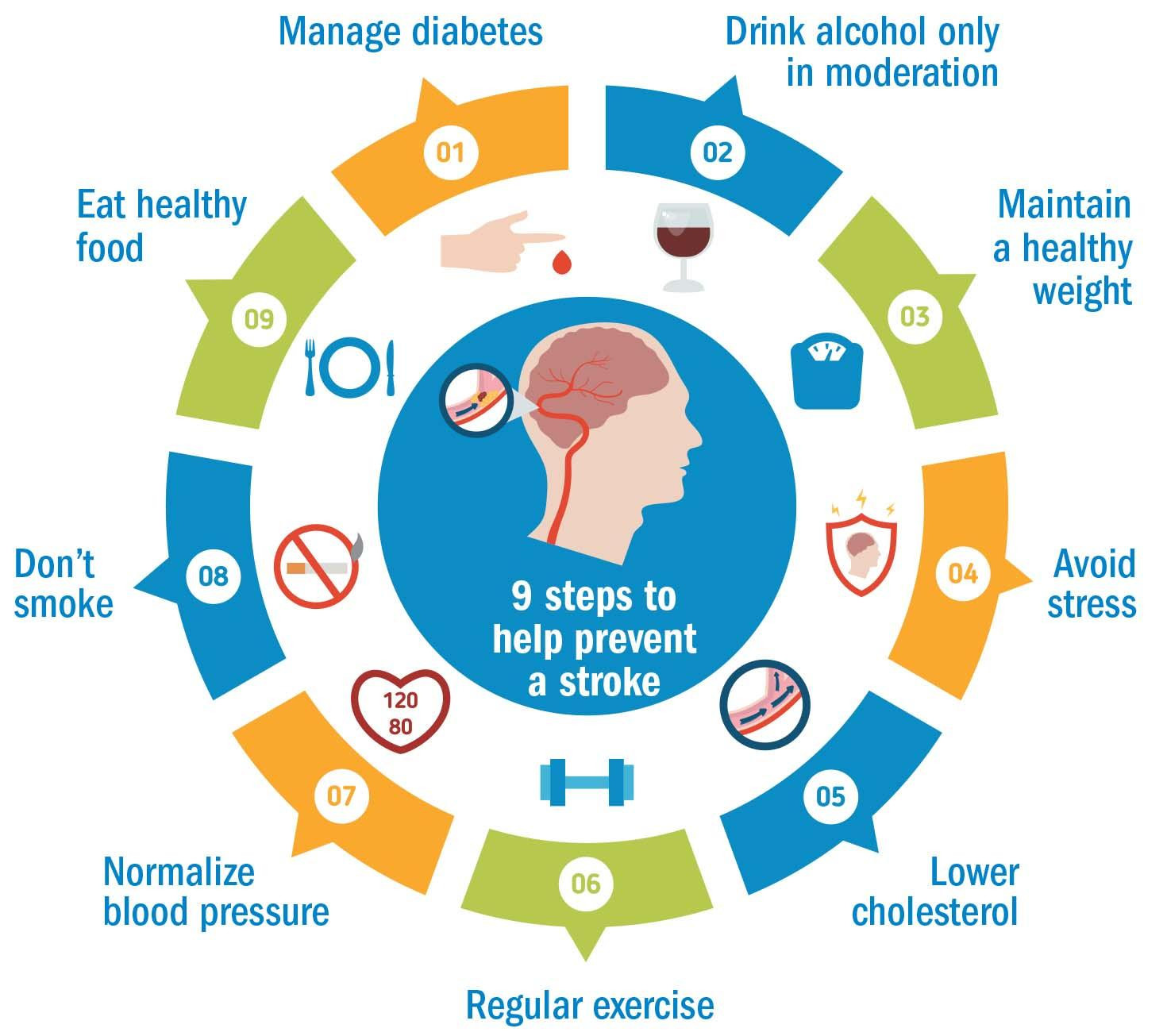
What are somatic workouts?

How to curb your stress eating

How to spot Parkinson’s disease symptoms

8 simple ways to reduce ultra-processed foods in your diet

Heart failure symptoms in women: How they’re different

GERD diet: Foods to avoid to reduce acid reflux

Strong is the new skinny

Everyday habits that sneakily weaken your bones

Don’t wait to get help for back pain

Correcting how you walk may ease osteoarthritis knee pain
Medications Archive
Articles
GLP-1 drugs versus bariatric surgery for treating obesity
Two proven therapies for treating obesity — GLP-1 drugs and bariatric surgery — can help people lose substantial amounts of weight. The approaches differ in their effectiveness, durability, side effects, cost, and insurance coverage.
Gene-editing therapy lowers harmful blood fats in early study
A one-time infusion of a gene-editing therapy called CTX310 may safely lower cholesterol and triglyceride levels, according to a small preliminary trial. The first-in-human study, published in 2025, included 15 people with uncontrolled LDL cholesterol, triglycerides, or both.
Stroke survivors may benefit from very low LDL levels
For stroke survivors, reaching a very low LDL (bad) cholesterol level may reduce their risk of future strokes and other cardiovascular problems, according to a 2025 study.
What is long QT syndrome?
Long QT syndrome is a disorder of the heart’s electrical system that can be either acquired (for example, due to a medication) or congenital. Although usually people have no symptoms, it can cause a fast, erratic heartbeat that may lead to shortness of breath, fainting, and sometimes death.
Trying to lose weight? Be careful not to lose muscle
People can prevent excessive muscle loss while losing weight by doing resistance training to build muscle, consuming enough protein, and slowing their weight-loss pace.
Why do I bruise so easily?
As we get older, noticeable bruises are usually related to thinning skin and increasing fragility of the tiny blood vessels in the outer layer of skin. There is not much people can do about this, but they should see their doctors if bruising is excessive or becomes painful.
Caution: Sprinkle this savory seasoning with care
Nutritional yeast is a savory condiment that’s often heavily fortified with vitamins. Because high doses may cause side effects, interact with some medications, or cause certain health problems, it’s best used sparingly as a flavoring, not as a supplement.
Reducing your stroke risk after a ministroke
A transient ischemic attack (TIA), or ministroke, is a serious warning sign for future stroke, especially in the first 48 hours. Medications plus lifestyle changes—healthy eating, regular exercise, and blood pressure control—can significantly lower that risk.
What to know about heart palpitations
Heart palpitations are sensations of a pounding or racing heartbeat, often triggered by stress, stimulants, or hormonal changes. They’re usually harmless but should be checked by a doctor. Palpitations may improve with lifestyle changes or treatment for underlying conditions.
New thinking on beta blocker use
Beta blockers have long been standard treatment for people after a heart attack. New evidence suggests they may not help those whose hearts still pump normally, though the drugs remain important for heart attack survivors with reduced ejection fraction.

What are somatic workouts?

How to curb your stress eating

How to spot Parkinson’s disease symptoms

8 simple ways to reduce ultra-processed foods in your diet

Heart failure symptoms in women: How they’re different

GERD diet: Foods to avoid to reduce acid reflux

Strong is the new skinny

Everyday habits that sneakily weaken your bones

Don’t wait to get help for back pain

Correcting how you walk may ease osteoarthritis knee pain
Free Healthbeat Signup
Get the latest in health news delivered to your inbox!
Sign Up











